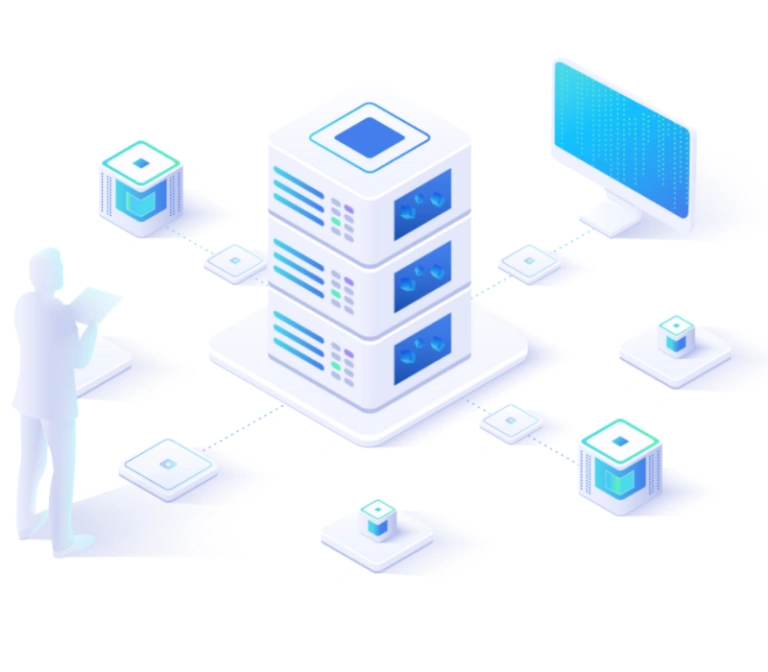WE’RE HERE TO HELP YOU GROW YOUR BUSINESS
Once you decide to take that step towards the collaborative design and manufacturing processes modernization by implementing one of the PLM solutions into your current IT infrastructure, selecting the adequate system is crucial. Inadequate PLM selection could lead to heavy customization which means losing more time and money.
Besides helping you determine which PLM solution is optimal for your business needs, you can rely on our experts for professional PLM infrastructure deployment and customization services. Whether you require a brand-new solution that will fit perfectly into your current infrastructure, or you wish to reduce costs by scaling your PLM environment, we know exactly how to provide you with both.
Our vast experience in PLM deployment, maintenance, development, and engineering allowed us to collaborate with clients from various manufacturing industries, so you can rest assured that by selecting us, you’ve selected the right PLM services provider.
After careful evaluation of which PLM system can cover all your business needs, then it comes the given PLM software deployment. Relying on a professional PLM deployment specialist to include major infrastructure configurations so that you can finally run your new PLM system and use it seamlessly is more than recommended.
This is precisely the type of service we offer as we can successfully deploy PLM Systems from the world’s major PLM solution offerings – from configurable and pre-configurable to cloud-based PLM solutions. Depending on your business organization processes, we will present you with multiple customized PLM solutions as we are well-aware of the fact that there usually isn’t a universal option that fits all.
Still, including too many PLM tool kits that will rarely find their purpose among your day-to-day business operations is not what you’ll benefit from, so we will guide you step-by-step through each PLM deployment stage – from consultation to installation. We work transparently and with a single goal on our agenda – to see your business improve.
Investing in the right PLM software solution and deployment will ensure your company a maximum return as each business segment, from communication and data sharing to products design and manufacturing process, will be upgraded and streamlined.


PLM customization is sometimes a necessary step towards successful business processes optimization as it has the role to alternate the given PLM software package so that it meets user needs. Even though this process is not always required, it does not have to be a costly and complicated venture as many would think. Depending on your business and industry specifics, our specialist will make sure to adapt the PLM system to its organizational processes.
PLM customization service can be performed during the PLM implementation or after the system is operational and running, but there is a need for a certain change. Whether there is a requirement for technical, process, or configuration customization, interface development, or any other customization service, our team can manage it successfully and equip your PLM system for the highest performance.
You can count on us for typical PLM customization services that include UI (User Interface) simplifying and extended reporting as well since we consider each work equally important and maintain our professional approach at all times.
Selecting a well-versed and experienced PLM collaborator is the first step towards successful PLM implementation into the business. You can ensure that to your company and partners by simply giving us a call or writing us an email or message via the online form on our website.
Besides PLM deployment & customization, you can count on us for maintenance, monitoring, and regular PLM upgrade services among others, so if you are looking for an outstanding cross-functional expert team that can meet all your PLM system needs, you are at the right place.
Team Of Specialists With Years Of Experience
Get the most out of your software and resources with our reliable and professional services. Whether you choose application management and support, onboarding support, or training services, we’re dedicated to helping you achieve your goals.
© 2024 All rights reserved PLM Dynamics Copyright